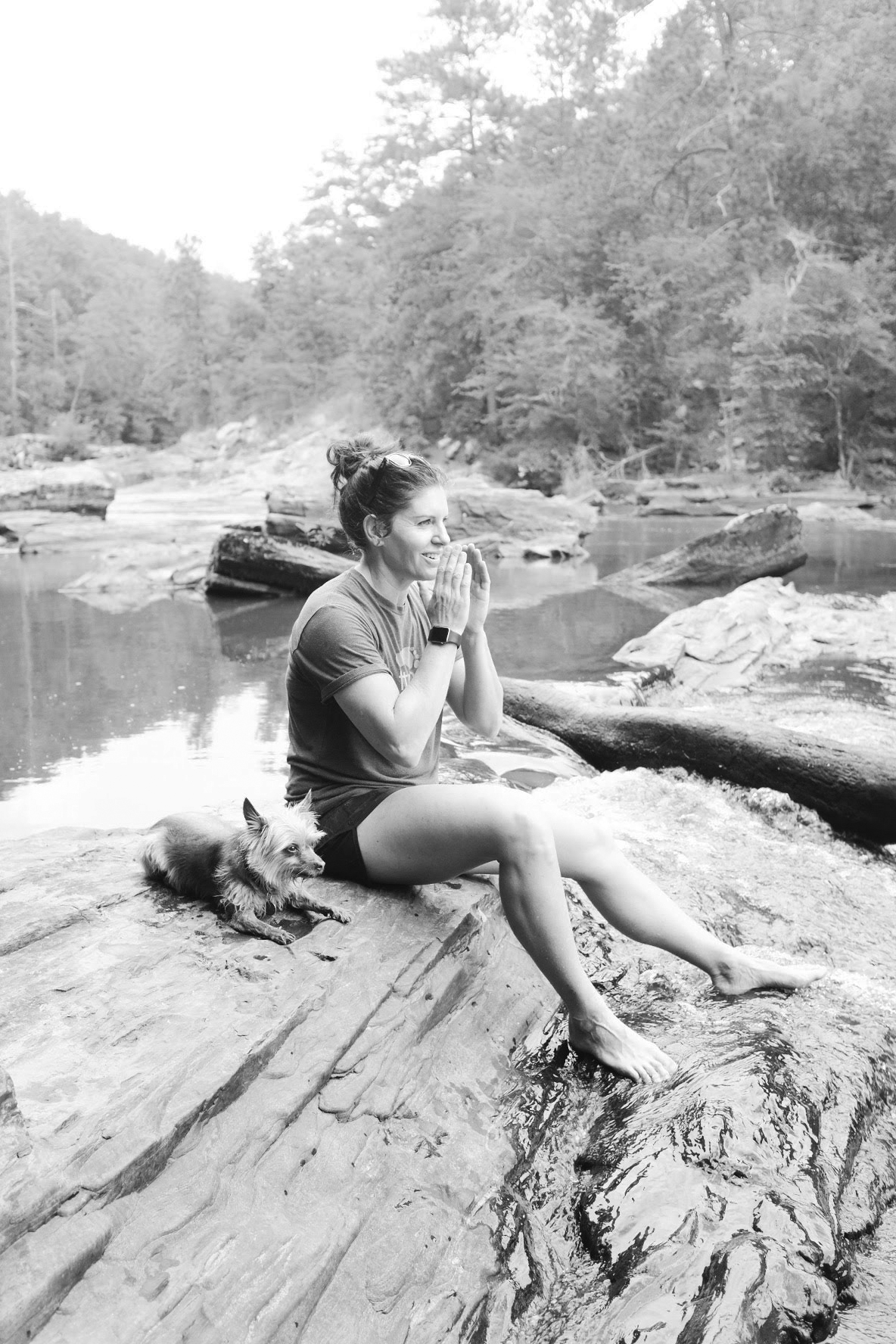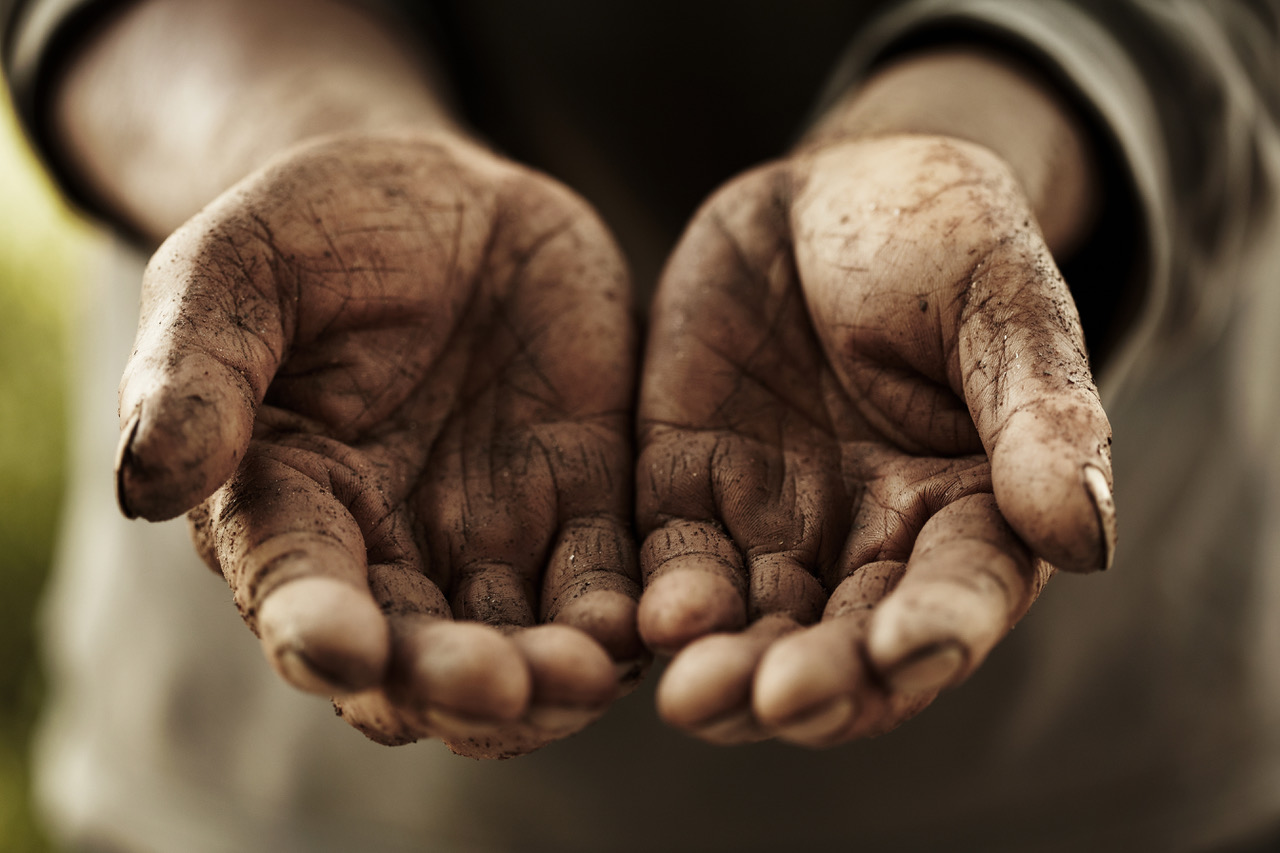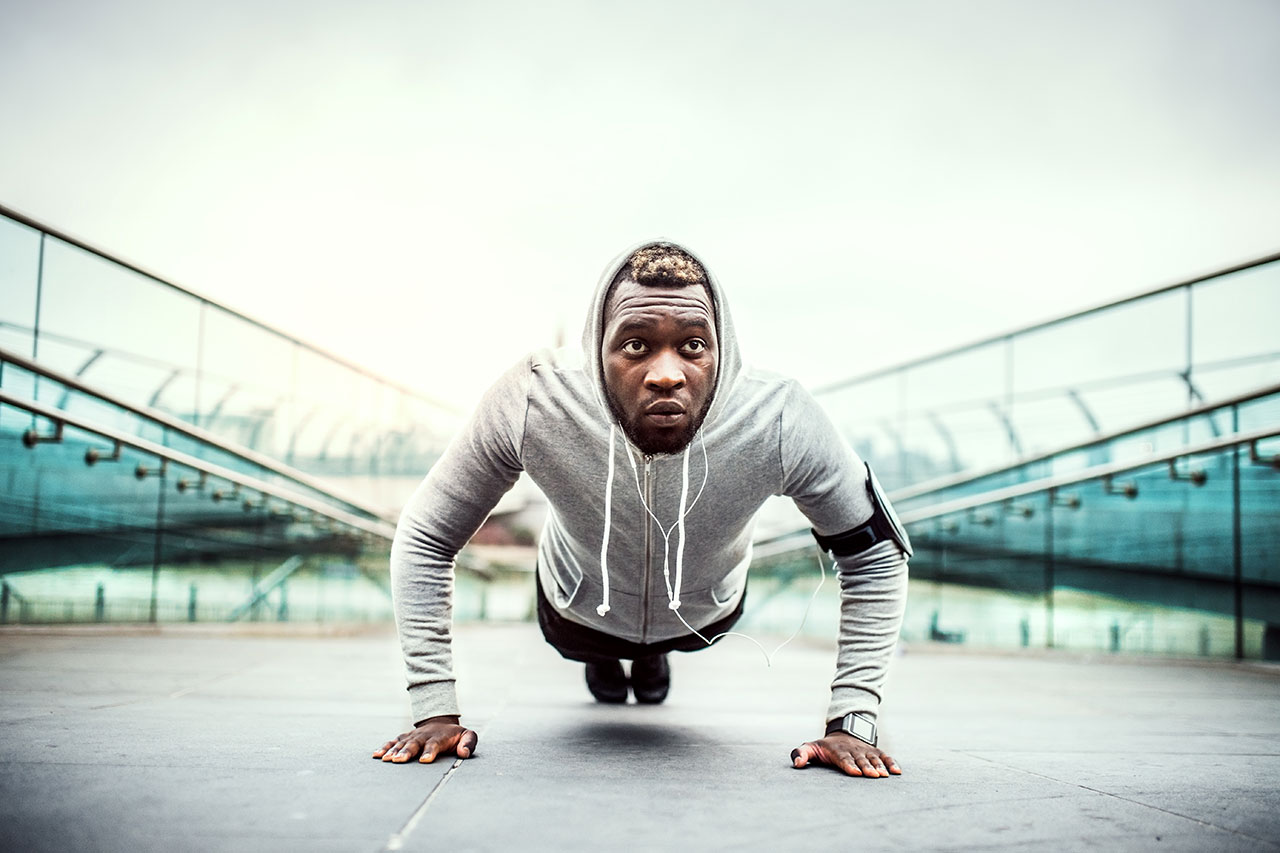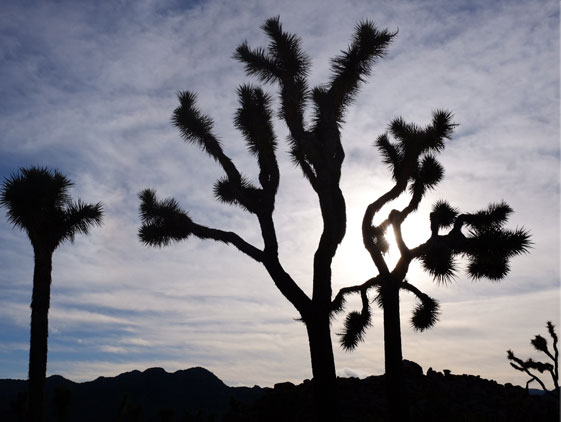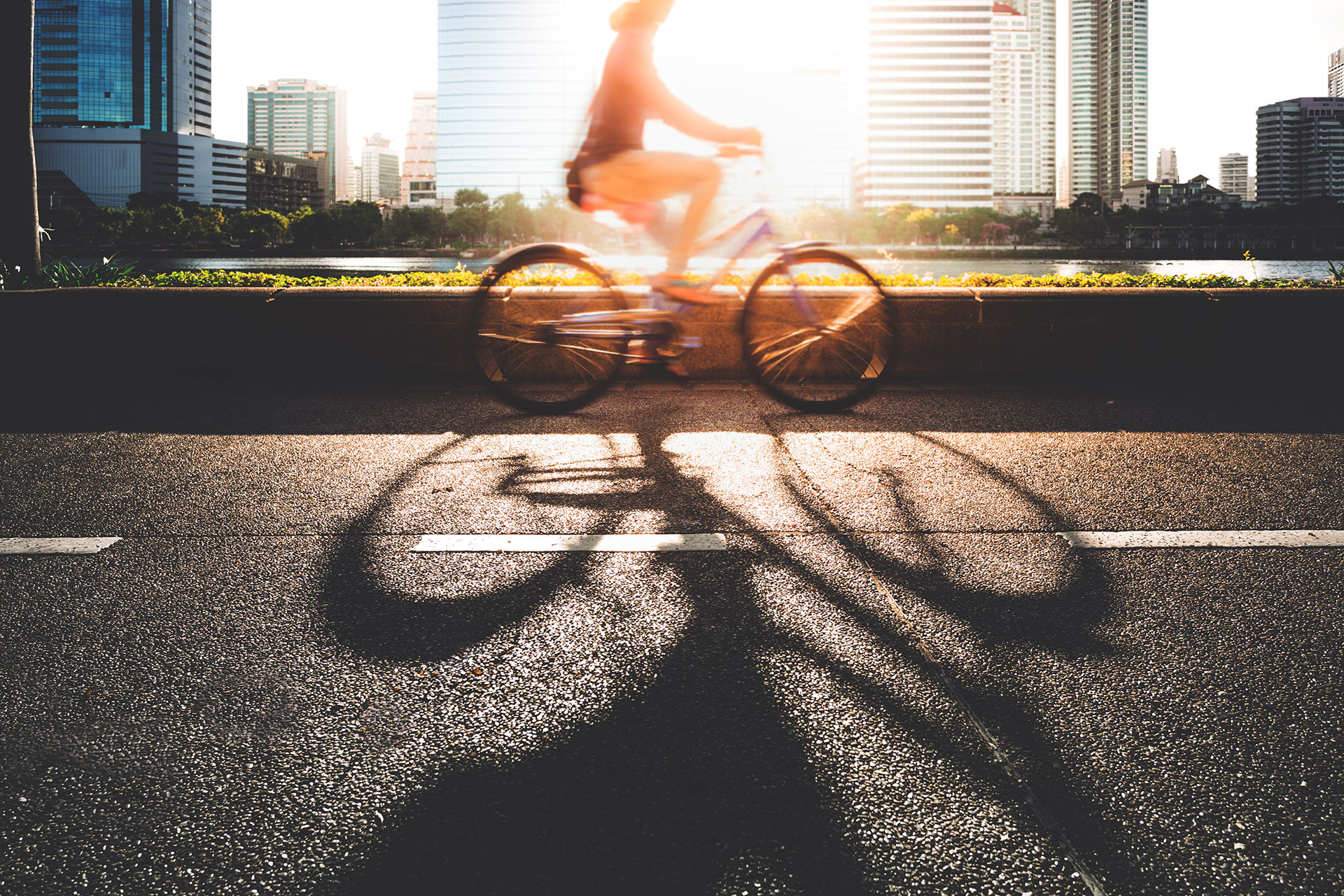In most things the wild animal is my role model. We would all do better if we relearned how to be good animals. – Arthur DeVany, PhD
The passion I have for my work has always been rooted in my interest in the interconnections between humans and nature. This interest was the primary lens I used throughout my education. It led me into the wilderness to teach, and across the globe to work on environmental health issues.
“Interconnected.”
But humans and nature aren’t just interconnected. As in two separate things connected to one another.
They are actually one and the same.
Seems like an obvious thing, though it’s as if I was always looking just shy of that fact. I guess I was entrenched in the (common) idea that we are separate from nature. Above it.
But, whether we like to admit it or not, we are mammals. We have a biological name, as do all other mammals. And plants. And every other living thing. All life is pretty much made of the same elements. It wasn’t until a personal experience related to my own health when I learned how critical it is that I, we, remember this fact.
For over a decade I struggled with several nagging health issues. The medical advice I sought over the years helped me deal with the symptoms, and for that I’m grateful. But nothing ever approached healing or a remedy.
But then something did…
Earlier in my career I worked on global health issues in several countries. I worked in mostly rural areas of mainly subsistence farming families. These were beautiful places, but also demanding places. Little modernity had found its way to these communities, leaving residents with not much more than the land, surface and rain water, the sun, and each other. This way of life is hard. Not only does it require the kind of work few ‘industrialized’ people will ever know, it also comes with very little, if any, access to medical care, safe drinking water, and other essential resources. I am in no way glamorizing this way of life. There is too much unnecessary struggle, depravation, and early death in many of today’s resource challenged places.
By every measure we would label these communities as poor. Despite that, a majority of the resindents were free of many of the chronic diseases we see today in much of the ‘developed’ world, particularly in the US. A humble truth also witnessed in the few non-industrialized indigenous cultures remaining on the planet today.
These subsistence farming communities did struggle, with basic things that should be available to all humans today. Yet, though living what we would label as a hard life, so many were healthy and fit, resilient. (This is a generalization based on my own observations. And, this is not representative of all subsistence farming communities today.)
They didn’t have fancy “health foods.” Or take supplements. Or go to a gym. They didn’t get their self-care instructions from a book or the internet, nor did they have modern ‘conveniences’ such as synthetic agricultural inputs. Still, they managed—when basic needs were met—to be robustly healthy. Healthier in fact than the average (access rich) American.
This was so telling.
This dichotomy I experienced opened me in ways only exposure to new places, cultures, and people can. It allowed me to see “health” with new eyes. I began doing research from this new perspective, which led me back to the beginning.
And I began to see what was always right in front of me, in front of us:
Today, we humans are at our core made up of DNA that evolved over 2.5 million years under circumstances, pressures and inputs, dictated by our environment, dictated by nature. And our DNA today is largely the same—it hasn’t changed much (although our modern nature-less and polluting ways are influencing the way our DNA is behaving). Therefore, our approaches to protecting our health and avoiding disease should reflect the fact that our DNA still requires what it evolved and thrived on for a long, long time.
This just made sense. And is painfully simple, yet so far from the health model that dominates.
We spend so much time trying to figure out the secrets to protecting our health, while the way has been with us all along.
We evolved in nature, and are in fact nature. We need what nature has intended for us, and has always provided for us, to function optimally and express our fullest potential as human beings.
When I adopted this view for myself and let it inform my decisions, it led to re-thinking everything. And when I updated my understanding of my body—its relationship to the outside world, and what it actually needs and must avoid—my symptoms corrected themselves almost immediately. Over fifteen years of dealing with several health issues, gone. Not only that, I now felt amazing in ways I wasn’t expecting: I was stronger, I no longer caught colds, my mind was brighter and sharper, I felt a calm centeredness yet energized…a natural motivation overcame me that didn’t require willpower or self-negotiation.
I felt more alive.
Before this transformation I was starting to believe that it was normal to have a few health issues, because after all that is so common now. But, this isn’t “normal.” We’ve come to accept so many things about our health and energy and moods that we shouldn’t accept: our current health issues are largely a result of the mismatch between what our genes want and our choices—the way we live today.
The tricky part is I thought I was making the right choices. I had always been conscientious when it came to taking care of myself. For years I followed the mainstream advice on how to live healthfully. But that didn’t help me, and turns out it was the root cause of my issues.
When I let a different paradigm in, it changed me. For the better.
And it woke me up to the realization that no one entity has all the answers, has the cure, or holds the truth. It would make sense to put our faith in our esteemed institutions, but even they have agendas, blind spots, archaic policies, and human flaws.
When it comes to our health, I learned a valuable lesson: question everything, and, don’t forget that the simplest answers are often the answers.
When I started to see myself differently in this modern world, and let that inform my behaviors not only did it change my diet and other self-care practices, it changed the way I viewed our way of life today.
Despite our modern ways, we’re not modern.
This was the biggest lever for me—it was what turned my life inside out. I realized that I needed to start “feeding” my DNA with the variety of signals that it has always needed and still needs to stay vital and healthy, while avoiding the things that were messing with my biology.
We’ve moved so far away from what we actually need, and we’re sicker because of it. Despite being a ‘developed’ country, chronic diseases are on the rise: cancer, heart disease, diabetes, obesity, Alzheimer’s, autism, autoimmunity, depression.
Could it be we’ve messed with nature a little too much—that which is our bodies and that which is our home?
Our health is in nature. Untainted, wild, beautiful nature. Unfortunately, our bodies and our environment have become so adulterated by factory foods, harmful additives, pharmaceuticals, plastics, agricultural chemicals, pollution from fossil fuel burning, and paved over by our insatiable desire for growth and “success” that it is harder than ever to get the very things we need to live the lives we are designed for.
But we have enormous power to shift things. Just as our own ecosystems (our bodies) can heal quickly when given the right ingredients, so too can our larger ecosystems (the planet). The recent shutdown showed us how quickly our air began to clear, and how eager vital species are to repopulate our lands. And it begins with the everyday choices we make. Supporting the things that support health means you’re not only making this place safer and healthier for you and your family, but for every living creature, and every future life to come.
There’s a misconception that what I’m advocating for is a back to the woods, living off the land, no more modern conveniences kind of existing. Our brains automatically start to label this all as fringe tree-hugging hippie stuff, which serves to help us feel safe and justified in our choices. I get it. The way we’ve been acculturated to believe we are separate from nature, that we need to control or manage nature, is so extreme that these ideas are considered radical.
But it’s not. This is Life 101.
The simple shift in approach to a nature based view of health and vitality (and also of business and the economy, social systems and development) is not only necessary, it is imperative.
And it’s available to us right now.
Much of our health (aka fitness) recommendations have been handed down to us by way of government policies, influenced by corporate interests, i.e. their bottom line, and informed by supposedly unbiased scientific research that we later find is often not so unbiased. We’re told “do this, don’t do that.” With so much information available to us today it’s harder than ever to know what to do.
What if we forget everything we think we “know” and just start with this:
We are nature.
We are not a consumer of products. We are not a sum of our parts.
We are a web of existence that has sustained life for billions of years. We would serve ourselves well to stop getting in the way.
Lasting health and fitness, vitality, is our birthright—it’s hardwired in our DNA, in the mechanics of our guts. With the right inputs, for our bodies and the Earth, we can heal so much of what is ailing us.
Today, I enjoy helping people become good (human) animals…accessing the vitality and fitness that is within them. I’m in a way grateful for my health struggles. These struggles, and the need to address them, created a doorway to healing, growth, greater joy, and a quality of life that no dollar amount can buy.
No matter the challenge or struggle, this doorway is available to everyone.
For help and guidance on your path to healing and vitality, please reach out at trish@fitanimal.com

